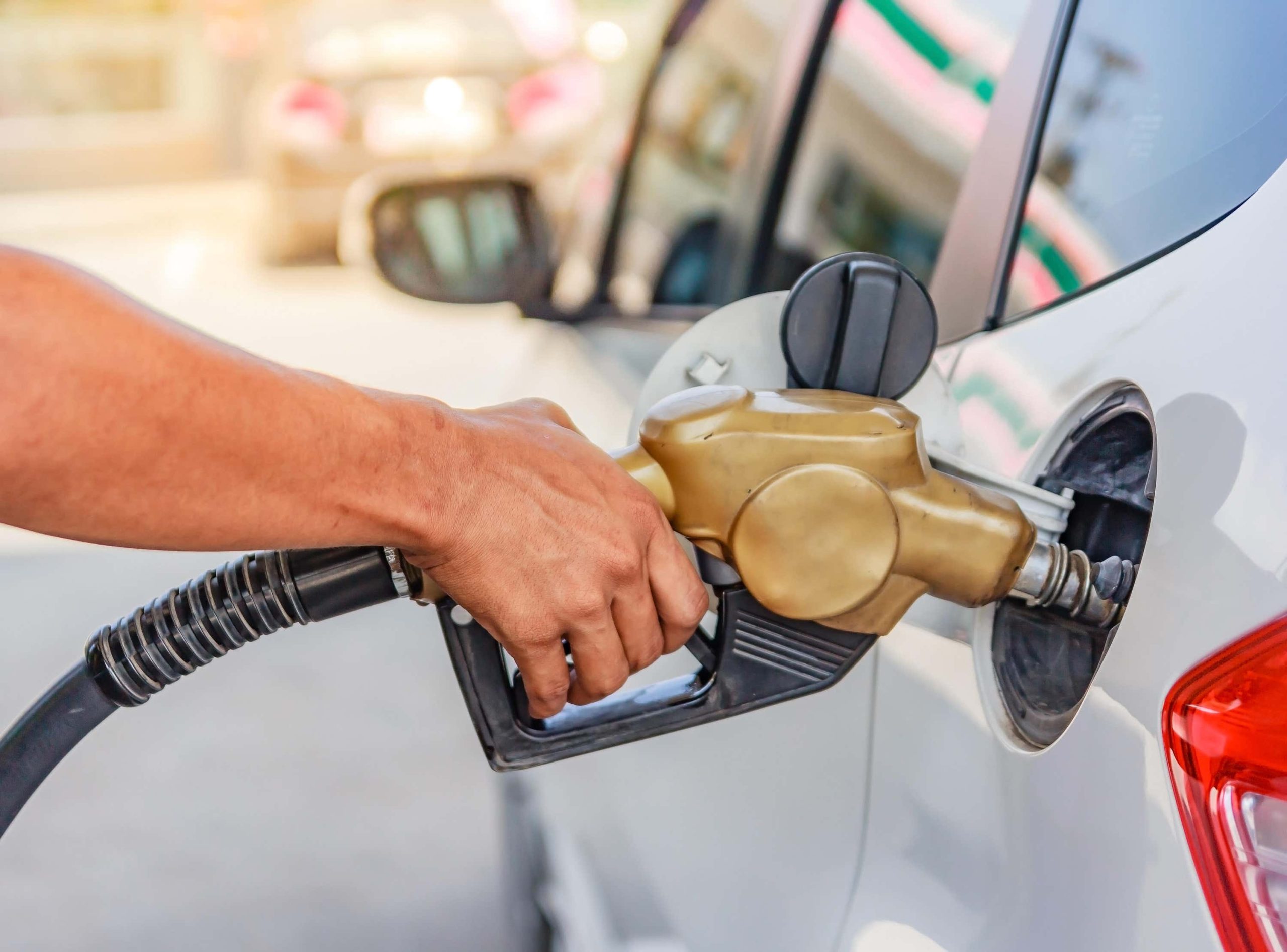Save ‘up to £200 in fuel a year’ by doing these 9 things
Motoring experts tell how good car maintenance and careful driving can help save a fortune on fuel costs
Sky-high fuel prices are a major cost-of-living problem for most drivers at the moment. But did you know that simply maintaining your car properly and driving sensibly can save you hundreds of pounds on fuel every year?
New analysis by the motoring services specialist Halfords has found drivers could be wasting almost £200 a year on fuel due to poor vehicle maintenance and erratic driving, and motorists with very high mileage, such as those who drive light commercial vehicles, could be burning up to £1,000 worth of fuel unnecessarily.
“What so many people don’t realise is that their car could be costing them more than it needs to,” stresses Chris Lunn, head of category at Halfords Autocentres. “As the cost-of-living crisis bites, it’s important motorists appreciate the correlation that good car maintenance can have on their household expenses and are equipped with the correct information to get the most out of their motor.”
View this post on Instagram
And James Gibson, head of technical at the RAC, adds: “Put simply, cars that aren’t serviced regularly don’t run as efficiently as those that are, and this can lead to increased fuel consumption.”
Halfords, who have just launched the Every Mile Matters campaign to promote better car maintenance, says driving with under-inflated tyres, using the wrong motor oil and failing to keep vehicles maintained can collectively increase the amount of fuel needed by up to 9%. And it’s a very common problem – Halfords data shows most vehicles coming into its garages for an MOT or service have issues that would cause them to burn more fuel than necessary.
It’s not just fuel costs that are affected by poor car maintenance either – it can also increase charging costs for drivers of electric vehicles (EVs). Lunn says that the extra drag caused by underinflated tyres increases rolling resistance on EVs, leading to more frequent and costly charging.
Here’s what to do to save money.
1. Make sure tyres have the right pressure
As well as being dangerous, having underinflated tyres could be costing you a small fortune in fuel, says Lunn. “This is because the lower your tyre pressure, the more fuel your car will need to use to push them around. Keeping them inflated to the recommended level will not only benefit you in terms of safety and fuel consumption, but it’ll also help to maximise their lifespan.”
Did you realise that over £600 million is wasted yearly on fuel costs by UK drivers driving with underinflated tyres? #CheckTyres #FuelEconomy pic.twitter.com/QP8FdI9f0M
— TyreSafe (@Tyresafe) October 13, 2022
2. Avoid speeding and sharp acceleration or braking
Driving at high speeds empties the fuel tank very quickly, and Lunn explains that if you regularly drive over 65mph, you’ll be burning excess fuel as your car works harder to fight drag. “Driving at lower speeds is a simple way you can help to save fuel,” he says. “Braking or accelerating sharply is another way to burn through fuel quickly – the harder you press the pedals, the more fuel you use, so aim for smooth braking and accelerating to get the best miles per gallon.”
3. Use the correct oil
A well-lubricated engine burns fuel more efficiently, and helps the vehicle perform better, explains Gibson. “Oil lubricates many working parts of an engine and if it’s not changed as part of a service, this can increase wear on components.”
Lunn points out that drivers who are unsure of what oil to use should simply check their owner’s manual, and adds: “Using the wrong oil can lead to the engine being poorly lubricated and overheating, which could leave you with a big bill.”
4. Clear your boot and roof
Although car boots and roofs are great for storage, especially if you’ve got a roof box or bike rack, Lunn says it’s a good idea to clear them whenever possible. “Remove them when they’re not in use,” he advises, “as the excess weight and greater wind drag can make your car less fuel efficient.”

5. Be careful with air con
Although air conditioning is a great asset in hot weather, it puts an additional strain on your engine, which means more fuel is used. “If you’re stuck in traffic or travelling at slow speeds, we’d recommend flicking that air con button off and opening the window to keep the car cool instead,” advises Lunn.
He says another option is to use the air recirculation button if you have one, as this recirculates the already-cooled air in the car and stops the air conditioning system bringing in new hot air and cooling it. But he adds: “If you’re travelling at high speeds, it’s better to have the window closed and the air con on, as this will reduce drag and improve the overall aerodynamics of your car.”
6. Use a fuel cleaner
Lunn says a fuel cleaner helps cars run more efficiently by removing carbon deposits from the engine and fuel system. “This improves engine performance and fuel efficiency, while reducing harmful exhaust emissions,” he explains.
DIY fuel system cleaners are available from motoring stores, or Halfords offers a fuel efficiency pack to clean and remove engine and fuel system contaminants for a more fuel-efficient vehicle.
7. Plan your route
If you’re going on a long drive, have a look online to see which route is the most fuel-efficient, advises Lunn, who says it’s also wise to think about the time of day you travel to avoid traffic or rush hour periods like the school run or peak commuting times, when you’ll be using fuel sitting in traffic.
Gibson says travelling at excessive speed is what’s most likely to guzzle fuel, and advises that probably the biggest secret to achieving high miles per gallon (mpg) is driving in the highest possible gear for your vehicle while keeping within the speed limit. “The best advice in urban areas is to change up through the gears as quickly as you can with the lowest revs possible,” he explains.

8. Make the best use of your car’s features
Some cars come with features that are designed to help you maximise your fuel economy, and Lunn says: “Eco driving modes and start/stop functionality are just a couple of these, so make sure you’ve got them activated.”
9. Never skip a service
Good car maintenance will mean it runs more smoothly and is maximising its efficiency, says Lunn, who stresses: “Ensure you stick to the recommended service schedule, and if something doesn’t feel right, get it checked.”
The Press Association
Latest posts by The Press Association (see all)
- 5 new books to read this week - March 26, 2025
- 6 things a physio wishes people over 60 would stop doing - March 25, 2025
- NHS reminder to 7.5m people as Covid-19 jab booking system opens - March 25, 2025
- The truth about cholesterol – what you need to know - March 25, 2025
- Prince William calls Dame Mary Berry a ‘national treasure’ in 90th birthday message - March 24, 2025




















